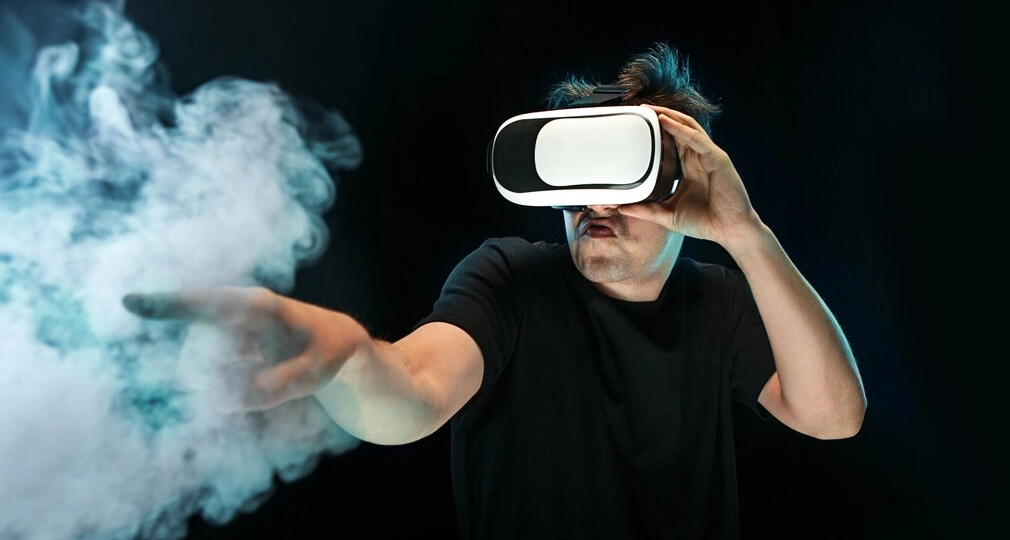The bookmaker industry, like any other business, is driven by profit. Understanding how this profit is generated requires a closer look at the mechanics of betting, specifically the role of probability theory. In simple terms, bookmakers make money by incorporating a margin into the odds they offer. This margin ensures long-term profitability, regardless of individual bet outcomes.
Understanding Probability in Everyday Life
Probability theory is the mathematical study of random events. In everyday situations, we constantly encounter randomness:
- When entering an elevator, it might be empty, or you might find a neighbor inside.
- While driving, you approach a traffic light—it could be red, yellow, or green.
Each of these outcomes is uncertain until it happens, making them random events. The probability of an event is the ratio of favorable outcomes to the total number of possible outcomes, expressed as:P=mnP = \frac{m}{n}P=nm
where:
- P = probability of the event occurring
- m = number of favorable outcomes
- n = total number of possible outcomes
Examples of Probability in Action
- Coin Toss
The probability of flipping a coin and getting heads:- Favorable outcomes (m) = 1 (heads)
- Total outcomes (n) = 2 (heads or tails)
- Probability:
- Wheel of Fortune
Suppose a wheel has 37 sectors, and we want to calculate the probability of landing on one of three specific numbers (10, 20, or 30):- Favorable outcomes (m) = 3
- Total outcomes (n) = 37
- Probability:
This means that, over 100 spins, landing on one of these numbers would occur roughly 8 times on average.
How Bookmakers Set Odds
Now, let’s apply probability theory to sports betting. Consider a soccer match between Team A and Team B. Analysts estimate the probabilities of three possible outcomes:
- Team A wins → 80%
- Draw → 7%
- Team B wins → 13%
Since these cover all possible outcomes, their total probability sums to 100%.
To set fair odds (without margin), we use the formula:Odds=1Probability\text{Odds} = \frac{1}{\text{Probability}}Odds=Probability1
For each outcome:
- Team A wins: 1/0.80=1.251 / 0.80 = 1.251/0.80=1.25
- Draw: 1/0.07=14.281 / 0.07 = 14.281/0.07=14.28
- Team B wins: 1/0.13=7.691 / 0.13 = 7.691/0.13=7.69
These odds would return all money to players in the long run, meaning the bookmaker would break even with zero profit.
The Role of Margin in Bookmaking
Operating without profit is not sustainable, so bookmakers adjust odds by introducing a margin—a small percentage that ensures they earn money over time. If we apply a 15% margin, the odds are recalculated as follows:
- Team A wins: 1.06
- Draw: 12.24
- Team B wins: 6.54
By slightly lowering the payouts, bookmakers guarantee that they retain a portion of the total money wagered, regardless of the outcome.
Why Bookmakers Don’t Need Bettors to Lose All the Time
A common misconception is that bookmakers only make money when bettors lose. In reality, their goal is consistent betting activity, not just individual losses. The key factors for a profitable bookmaker are:
- Frequent bets: More bets mean more transactions where the margin applies.
- Balanced odds: Adjusting odds ensures even distribution of bets, minimizing risk.
- Loyalty programs: Encouraging repeat betting sustains long-term profitability.
Bookmakers do not influence event outcomes, but they can optimize their business by offering promotions, ensuring competitive odds, and creating an engaging betting experience.
Conclusion
Bookmaking is a business built on probability theory and statistical modeling. By embedding a margin in the odds, bookmakers ensure steady profits regardless of game results. The more frequently people place bets, the more a bookmaker earns—not by making players lose every time, but by carefully balancing risk and reward.
Read more: Biggest sportsbook in the world













